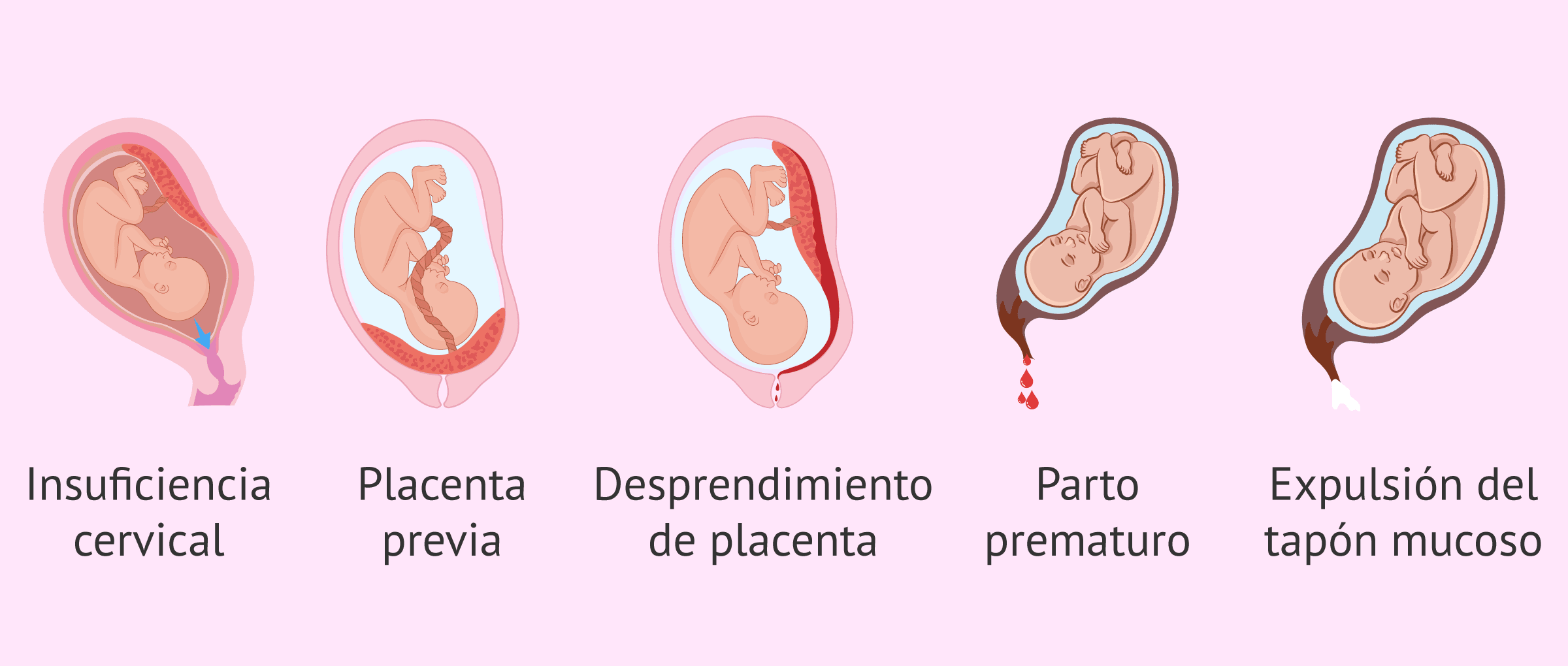Bleeding in Early Pregnancy: What's Normal and When to Worry
Discovering you're expecting is often a time filled with joy and anticipation. But what happens when you notice spotting or bleeding during the first trimester? It's a common experience that understandably causes anxiety for many expectant mothers. While not all bleeding indicates a serious problem, it's crucial to understand the potential causes and when to seek immediate medical attention.
Bleeding during pregnancy, particularly in the first trimester, is something many women experience. This can range from light spotting to heavier bleeding, and the causes are surprisingly varied. Some instances of bleeding might be completely benign, while others might signal a potential complication that requires medical care.
Understanding the difference between normal and abnormal bleeding during pregnancy can be incredibly difficult. This is why it's crucial to have open communication with your healthcare provider. They can assess your individual situation, perform necessary tests, and provide appropriate guidance and reassurance.
This article aims to provide comprehensive information about bleeding during the first half of pregnancy. We'll delve into potential causes, differentiate between normal and concerning symptoms, and offer guidance on when to contact your doctor.
Remember, this information is for general knowledge and should not be considered a substitute for professional medical advice. If you're experiencing any bleeding during pregnancy, reach out to your doctor or midwife for personalized guidance and care.
Possible Causes of Bleeding During Early Pregnancy
Bleeding during early pregnancy can stem from a variety of factors. Some are relatively harmless and unlikely to affect the pregnancy, while others require medical attention. Here are some of the most common reasons for first-trimester bleeding:
Implantation Bleeding
One common cause of light bleeding or spotting in early pregnancy is implantation bleeding. This occurs when the fertilized egg attaches to the lining of the uterus, usually around 10 to 14 days after conception. Implantation bleeding is typically light, pinkish or brownish in color, and lasts for a few hours to a couple of days.
Cervical Changes
During pregnancy, the cervix becomes more sensitive and prone to bleeding, especially after sexual intercourse or a pelvic exam. This is due to increased blood flow to the area. Cervical bleeding is usually light and short-lived.
Infections
Infections, such as sexually transmitted infections (STIs) or vaginal infections, can also cause bleeding. These infections can irritate the cervix and lead to spotting or bleeding.
Subchorionic Hematoma
A subchorionic hematoma is a collection of blood that forms between the placenta and the uterine wall. It's a relatively common pregnancy complication that usually doesn't cause any harm to the baby. However, larger hematomas can increase the risk of miscarriage or preterm labor.
Miscarriage
Miscarriage is a common but heartbreaking reality of early pregnancy. It's estimated that 10-20% of known pregnancies end in miscarriage, most often within the first trimester. Vaginal bleeding is a common symptom of miscarriage, but not all women who experience bleeding will miscarry.
Ectopic Pregnancy
An ectopic pregnancy occurs when a fertilized egg implants outside the uterus, usually in the fallopian tube. This is a serious medical condition that requires immediate treatment. Symptoms of an ectopic pregnancy include abdominal pain, vaginal bleeding, and dizziness.
When to Seek Medical Help
While some bleeding during early pregnancy is normal, it's crucial to know when to contact your doctor. Seek immediate medical attention if you experience any of the following:
- Heavy bleeding (soaking through more than one pad per hour)
- Severe abdominal pain or cramping
- Dizziness or fainting
- Fever or chills
- Foul-smelling vaginal discharge
- Passage of tissue or clots
Even if your bleeding is light, it's always best to err on the side of caution and contact your doctor for reassurance and guidance.
Coping with Bleeding During Pregnancy
Experiencing bleeding during pregnancy, even if it's considered normal, can be emotionally distressing. Here are some tips for coping:
- Stay Informed: Understand the potential causes of bleeding and when to seek medical attention.
- Communicate Openly: Don't hesitate to discuss your concerns and fears with your doctor.
- Practice Self-Care: Manage stress through relaxation techniques, light exercise, and a healthy diet.
- Seek Support: Connect with your partner, family, friends, or a support group for emotional support.
Remember, you're not alone, and seeking professional guidance and support can provide reassurance and peace of mind during this time.
This information is for general knowledge and should not be considered a substitute for professional medical advice. If you're experiencing any bleeding during pregnancy, reach out to your doctor or midwife for personalized guidance and care.
Unlocking savings your guide to meijer pharmacy free meds
Honoring lifes journey sunset funeral home in danville illinois
Decoding rv air conditioner noises a comprehensive guide














